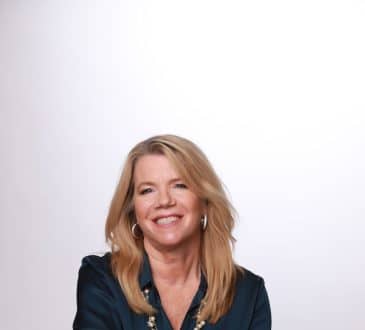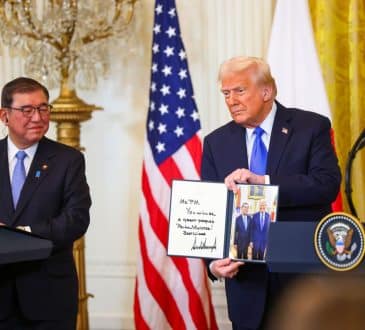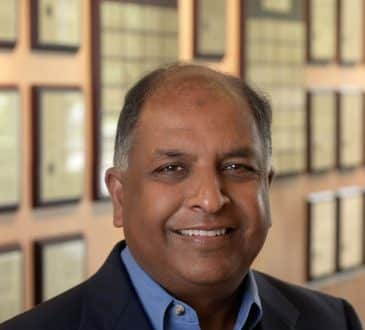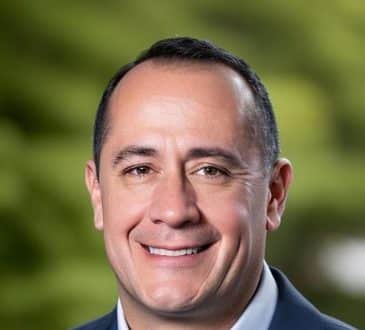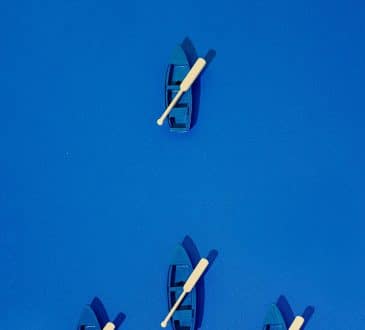How do leaders build an everlasting family business?

Family is emotions, business is economics and they are inseparable in a family business. Traditionally speaking, a family-owned business is defined as one with two or more family members involved in the ownership and control, participating in building the world economy.
The senior management is likely to be headed by a CEO or in decision making position represented by a family member and occasionally from outside. Some of these in the category of closely held businesses can perhaps achieve and provide perceptible direction within their autonomy of leadership. The family is important in terms of providing an everlasting cohort relationship. For these family businesses, planning is crucial to control their assets.
On the contrary, they often fail due to poor or delayed succession planning, not having adequate and trusted advisors, unable to manage dynamic conflicts and varied vision, which is not articulated and contextualised with the founder. CEOs whether from inside the family or professionally hired ones, encounter varied degree of challenges in concerting and managing these family businesses.
A clear challenge for these family businesses is to keep running them successfully. It becomes necessary to rethink on what family means to them, clearly distinct between business and family, pursue the dreams, attract competent individuals and remain as a master planner.
Antecedents of family business
The oldest amongst in the family business category can be traced since the year 718, a Japanese hotel Hoshi Ryokan. What is unique about this one and how has it been able to manage its legacy for 46 generations is worth researching? There are several prominent ones in the list like Kongo Gumi (construction), Kikkoman (shoyu manufacturing), Canon (Camera), Suzuki Motors (Automobiles), Toyota (Automobiles), Kajima (construction), Takenaka (construction) and Mori Building (property management) who have sailed through rough weathers.
There are others too in brotherhood like Goulaine family (castle owner), Barone Ricasoli (winery), Beck family (hotel), Richard de Bas (mills), Torrini Firenze (jewelry), Avedis Zildjian Co (musical instrument manufacturer), Shirley Plantation (plantation), Barker’s Farm (organic fruits and vegetables), Wells Farm (agriculture), Gooch family (Inn and Cottages), Slaughterton (Magnolia bread company), St Peter Stifts Kulinarium (restaurant) etc. Australia Post (Post), established in 1809 is also one of the oldest running company. The United Kingdom has had legacies like Whitechapel Bell Foundry (foundry), R Durtnell & Sons Limited (building), Tissimans (tailors and outfitters), C Hoare & Co (private bank), Morning Foods (Bakery), James Lock & Co Ltd (hat shop), Toye & Co (jewellery and medal maker), Folkes Group Plc (engineering) etc dating to 1600 century. The Americas had families like Standish (sawmill), Allerton (parks & retreat), Soule (colonist), Nelson (cosmetics) and the Sherman (zipper) to name few, reflecting antecedents of the oldest form of business.
India too has its traces in the oldest form of business with Tata group in existence since 1868. TVS (Automotive), Aditya Birla (producer of viscose staple fibre), Kirloskar (DG sets), Godrej (diversified), Dabur (health care), Wadia group (assorted), RPG group (infrastructure), Shapoorji Pallonji (construction), Reliance group (Petroleum, telecom & assorted) etc. are few other ones contributing to the growth of Indian economy.
The physics of family business
If one dives deep into the genesis, he will find that family values is the central possession by these family businesses. These legacies have distinct understanding on business operations with a clear guiding vector to the subsequent generations in building trust inside and outside of the organisation.
Yet, despite this forte, they encounter innumerable dynamic challenges during its growth trajectory. Each one faces or would have encountered the complex family dynamics, the succession planning, ownership issues and off course the will to pursue a strategic direction. With passage of time, these complexities intertwine and shadow common family and business goals, an impediment in the governance structure. But they must continue their legacy, which several ones already demonstrating by virtue of their existence. Thus, for a curious mind it becomes a perspective to unearth the reasons for a long-standing legacy, the transformation between generations and the soul of governance.
The conundrum
Puzzled with the complexities within each family business that are unique to the family, business and environment, the strategic orientation matters. Leadership emerges as the cornerstone behind these legacies, orchestrating family harmony for creating an everlasting value. How do they manage transitions in family and in business keeping spokes together? What is the underlying secret for matchmaking between family and business harmony? How do they induct fresh talent from outside at times when the subsequent generation is unwilling or unable to pursue the family interest? These could be few hand-picked questions unique to each family business that leaders must pursue.
Attributes
Family businesses have unique attributes. As craftsmen, they manoeuvre their journey, struggling their transitions with resilience and tenacity. Their entrepreneurial inhibitions to maximise wealth and keep family intact is always a challenge, where each subsequent generation’s credibility is at stake. Let’s not forget the challenge of integrating women as in daughters, in-laws and the newly inducted ones, to create a safe place cum passage for them is even bigger. These legacies maintain a fine balance between the entrepreneurial spirit, adhering to the family’s vison and adapting to the family values every moment. For them conflicts are constructive, clearly distinguishing ideas and growth vectors, respecting the newer dimensions set by the subsequent family business members in the business life transition cycle. Additionally, they possess craftsmanship in attracting key professionals who fill voids or vacuum in the business, if not in the family. They pick on transformation, threading each generation meticulously. It is interesting to note on their peoples’ skill honed with time in managing employee engagement, especially when cluttered during transitions. They caress the underlying logic of ‘Rome was never built in a day’ and hence consider their prime responsibility to add value with each subsequent generation. Learning to fail early and rise early is what these family businesses have mastered.
What do we visualise?
Researching on to these legacy family businesses, we do find that contextually there are ideological differences between generations. The binder is the family value system that keeps them closely knitted. The patriarch as mentor has a prominent role to undertake and becomes the quick fix to all problems, after all he is the one who conceptualised and conceived the family business.
It is the founder who vacillates and intermingles with subsequent generations, instilling the family values, common goals and shared purpose in a larger perspective. But this remains a mystery as to how these legacy businesses have been able to glue the younger generations, keeping them intact in a dynamic scenario? The principle posit is to keep the aspirations of the younger generation in the new age of entrepreneurship and exhibit leadership, which keep the family virtues alive and continue as a prosperous family business. As a CEO how prepared are you in building an everlasting family business?
Bring the best of the CEOWORLD magazine's global journalism to audiences in the United States and around the world. - Add CEOWORLD magazine to your Google News feed.
Follow CEOWORLD magazine headlines on: Google News, LinkedIn, Twitter, and Facebook.
Copyright 2025 The CEOWORLD magazine. All rights reserved. This material (and any extract from it) must not be copied, redistributed or placed on any website, without CEOWORLD magazine' prior written consent. For media queries, please contact: info@ceoworld.biz




